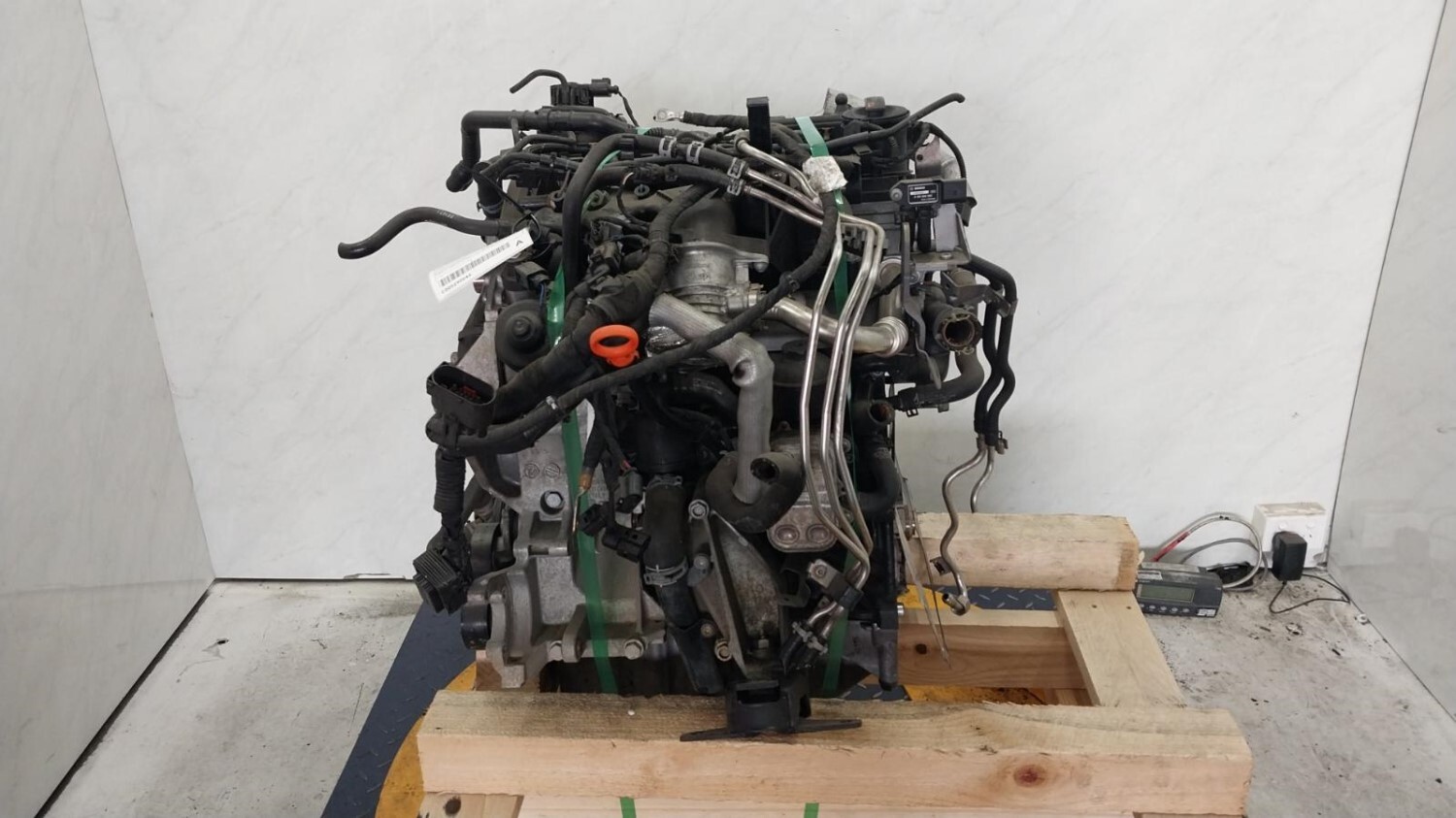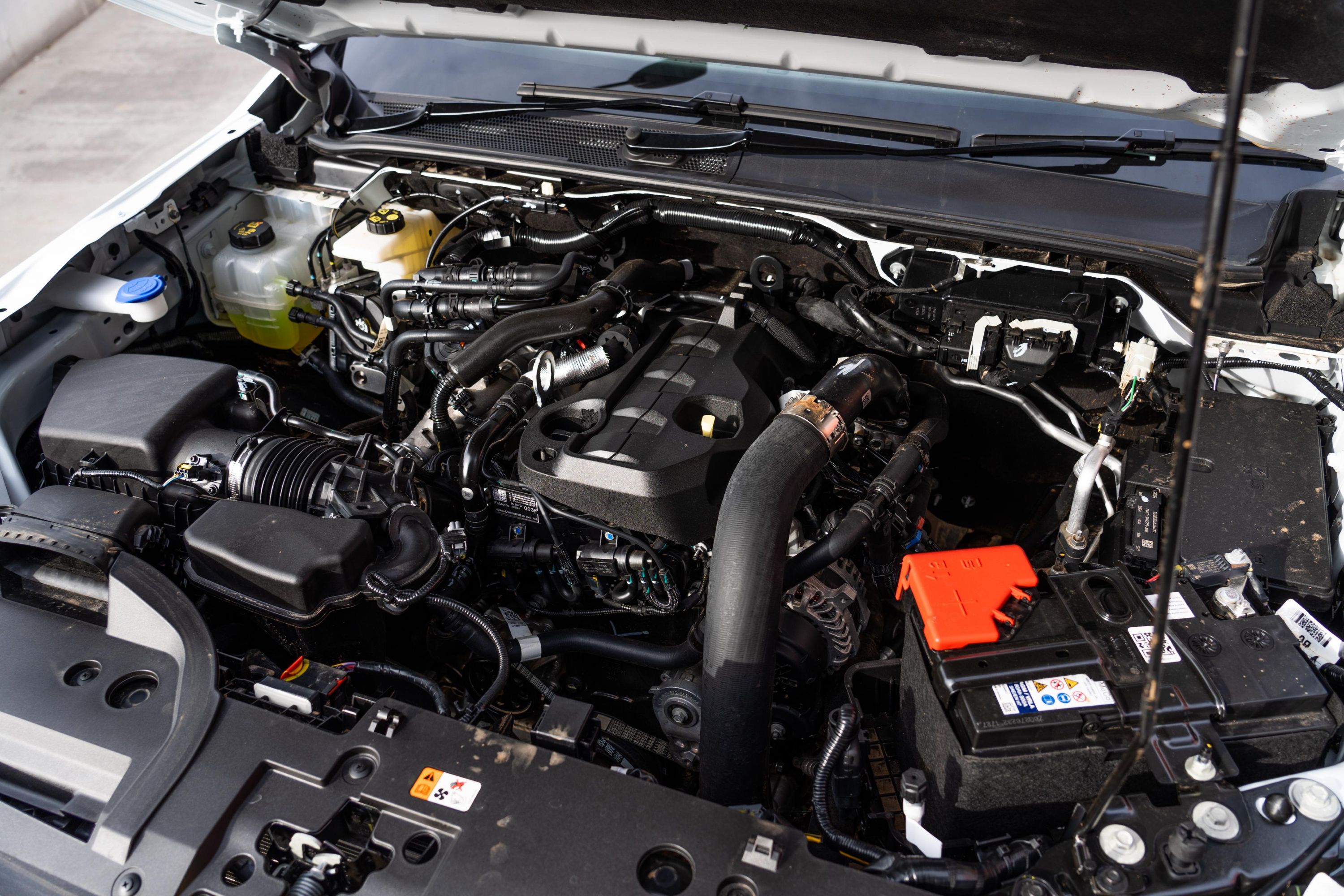Important Factors To Consider and Tips for Selecting the Right Engine for Your Requirements
Picking the best engine is a diverse choice that calls for cautious factor to consider of various elements to make certain optimum performance for your particular demands - amarok engine for sale. Understanding your designated application is vital, as the needs of commercial, industrial, or recreational use will dramatically influence your selection. Additionally, assessing essential specs such as fuel, torque, and horsepower effectiveness, together with upkeep needs and spending plan restraints, will direct you toward a sustainable investment. The intricacies of engine option expand beyond these fundamentals, prompting a better assessment of important aspects that can eventually impact your satisfaction and success.
Determine Your Objective
Identifying your purpose is a crucial initial step in choosing the best engine for your demands. Understanding the certain application you have in mind will guide your decision-making procedure and guarantee that you choose an engine that lines up with your operational needs. Whether you need an engine for a business lorry, industrial equipment, or a recreational job, each circumstance demands different performance features and abilities.
Take into consideration the environment in which the engine will run. Will it be subjected to heavy tons, severe temperatures, or extended usage? Assessing these factors will assist you recognize the necessary power outcome, gas performance, and toughness required to fulfill your objectives.
In addition, think of the lasting effects of your choice. Budget constraints, maintenance requirements, and availability of parts are crucial factors to consider that will certainly influence your total satisfaction and operational performance.
Inevitably, expressing your objective will certainly simplify the option procedure and equip you to make a notified choice. By clearly specifying your goals, you can review possible engines more efficiently and choose one that not only satisfies your present needs yet also supports your future objectives.
Evaluate Engine Specifications
Once you have clearly articulated your purpose, the next step is to evaluate engine specifications. This procedure entails a complete exam of various technological information that can substantially affect performance and viability for your intended use.
Begin by examining the engine's horsepower and torque rankings. Horsepower is essential for determining the engine's capability to perform work, while torque is essential for recognizing how well it can take care of heavy lots or acceleration. Furthermore, think about the engine displacement, as it commonly correlates with power result and efficiency.
Next, analyze the engine typeâEUR" whether it is a gasoline, diesel, or alternative gas engineâEUR" as each kind has distinctive qualities and applications. Focus on the engine's arrangement (e.g., inline, V-type), as this can affect dimension, weight, and total performance.
One more vital element is the engine's air conditioning system, which can influence dependability and upkeep demands. Last but not least, evaluate the supplier's reputation and guarantee offerings, as these can supply understandings right into long-term performance and assistance. Completely examining these requirements will assist make certain that you select an engine that aligns with your particular requirements and functional objectives.
Take Into Consideration Gas Performance
Fuel effectiveness is an essential factor to consider when selecting an engine, as it you can find out more directly impacts operational costs and ecological sustainability. An engine's fuel effectiveness is commonly gauged in miles per gallon (MPG) for lorries or in details gas consumption (SFC) for airplane and marine engines. Higher fuel efficiency not only lowers the quantity of fuel eaten yet likewise lessens greenhouse gas discharges, making it an accountable choice for eco-conscious consumers.
When examining engine options, it is important to evaluate the driving conditions and planned usage. Engines enhanced for highway driving might show far better fuel efficiency contrasted to those made for stop-and-go web traffic. Furthermore, consider the engine's modern technology, such as turbocharging or crossbreed systems, which can substantially improve gas performance.

Assess Maintenance Demands

Start by assessing the producer's advised maintenance a fantastic read periods and procedures. Some engines may call for more constant oil changes, filter replacements, or specialized maintenance, which can impact your operational downtime. Additionally, consider the accessibility of components and the ease of acquiring them. Engines with prevalent popularity normally have lion's shares availability, minimizing lead times during repair services.
Another vital element is the technological knowledge required for maintenance. Some engines may demand specific training for specialists, which might restrict your choices for company. Furthermore, assess whether the engine's design permits very easy access to components typically needing maintenance, as this can significantly impact labor expenses.
Budget Your Investment
Comprehending upkeep demands is just one aspect of selecting the appropriate engine; economic factors to consider play a similarly essential role (amarok engine for sale). Establishing a clear budget is essential, as it affects not just the preliminary purchase rate yet likewise long-term operational prices
When budgeting, take into consideration both the in advance costs and recurring costs such as gas efficiency, upkeep, and prospective repairs. An apparently budget-friendly engine may sustain higher prices gradually as a result of bad gas economic situation or frequent upkeep needs. In addition, examine the availability and cost of spare components, as well as the service warranties provided by suppliers, which can offer economic security versus unexpected expenses.
It is also important to consider prospective funding choices or leasing setups, which could reduce prompt monetary concerns. Stabilize your desire for innovative functions with your budget plan restrictions, ensuring that you purchase an engine that fulfills your efficiency requires without endangering financial stability.
Eventually, an all-around budget plan will certainly empower you to make educated choices, aligning your engine choice with both your functional needs and financial abilities, resulting in a much more lasting financial investment in the future.

Final Thought
In final thought, choosing the suitable engine requires a complete understanding of certain demands and applications. Cautious assessment of engine specifications, fuel efficiency, and maintenance needs is important for informed decision-making.
Gas performance is an essential variable to think about when choosing an engine, as it directly influences functional prices and ecological sustainability. An engine's fuel performance is commonly determined in miles per gallon (MPG) for cars or in specific gas usage (SFC) for aircraft and aquatic the original source engines. Diesel engines typically supply much better fuel performance than gas engines. Ultimately, choosing an engine with a strong emphasis on fuel performance can lead to considerable long-term cost savings and contribute favorably to environmental initiatives. Careful analysis of engine specs, fuel performance, and maintenance demands is vital for informed decision-making.